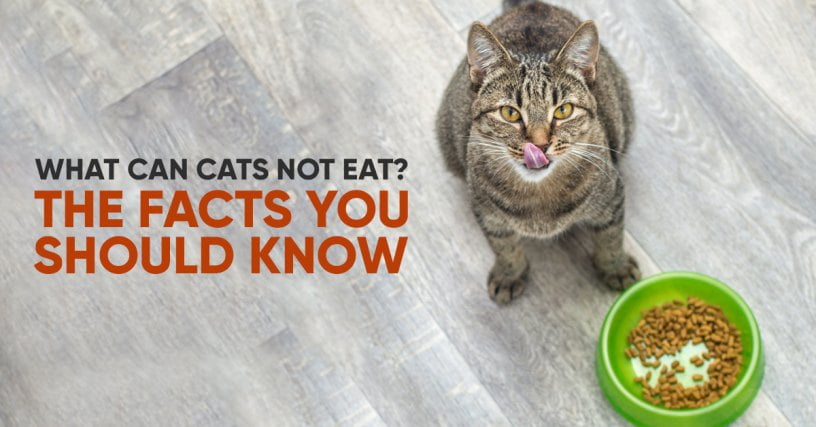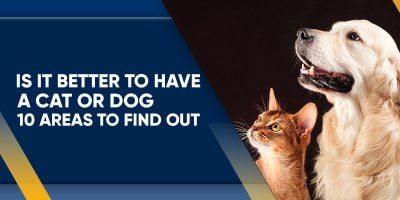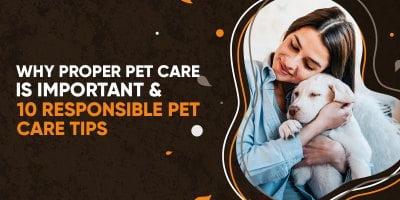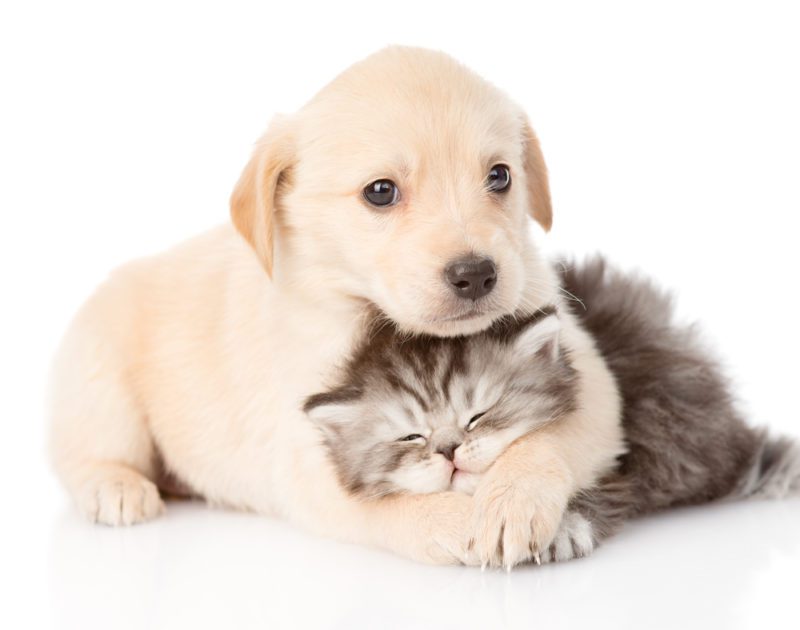“Actually, what food can cats not eat?” A cat’s well-being depends on the food she eats. Unfortunately, some human food can be destructive to a cat. Let’s find out about what human food you should avoid feeding your cat.
Table of contents
Estimated reading time: 8 minutes
List of Food Cats Cannot Eat
We always worried about what food can our cats not eat. Here is some food that our feline friends can’t eat:
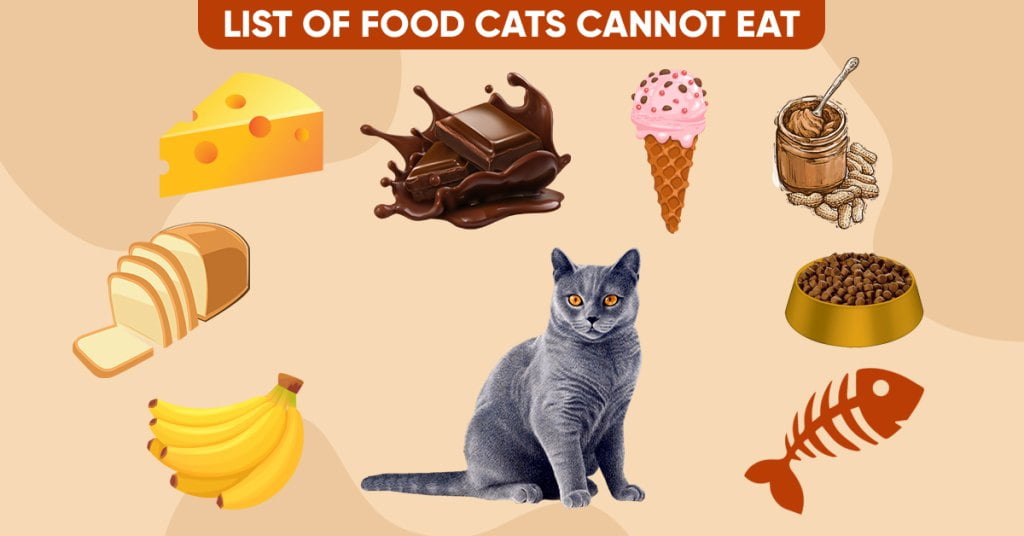
- Alcohol
- Banana
- Bread & bread dough
- Caffeinated drinks & energy drinks
- Cheese
- Chocolate
- Dog food
- Fat trimmings
- Fishbones
- Garlic
- Grapes & raisins
- Ice cream
- Leeks
- Milk & dairy products
- Mushrooms
- Onions
- Peanut butter
- Raw eggs, raw potatoes & raw tomatoes
- Scallions & shallots
- Yeast
Why Can’t A Cat Eat Banana?
Bananas are packed with nutrients and vitamins, but this isn’t the case for cats. Cats rely on nutrients found only in animal products, and not fruits. Bananas are not suitable to feed cats as they might cause digestive problems such as bloating in cats.
First, bananas that are high in sugar might cause diabetes and obesity in cats. Secondly, some cats might have adverse allergic reactions to bananas.
Though bananas are non-toxic to cats, cats can have unexpected reactions such as signs of gastrointestinal problems or illness. If you suspect your cat develops illness after taking bananas, please take your cat to the vet’s clinic immediately.
Why Can’t A Cat Eat Bread?
Bread is non-toxic to cats, but it is not a healthy treat for cats. Cats receive no nutritional benefit from eating bread. Cats may experience vomiting if fed bread.
The feline digestive system is especially suited for just the type of animal protein diet, so feeding them bread is not always the merrier! Cats’ teeth are not built to chew such food either. If you offer too big a bite, your cat could swallow it whole and potentially choke.
Unbaked bread dough that contains yeast is harmful to cats as it is toxic. Yeast dough produces an alcohol byproduct called ethanol, which can cause difficulty breathing, coma, and even death in cats.
Why Can’t A Cat Eat Cheese?
Cheese is just not an essential part of a cat’s diet. This is because cats can’t produce the lactase enzyme to break down lactose in dairy products and cheese would make them have digestive problems.
No, in truth non-dairy cheese contains high sodium and fat which any of this doesn’t do any good to your cat.
Cheese isn’t toxic to cats, however by consuming cheese, your cat might experience some upset stomach, vomiting, or diarrhea problems. It will increase the risk of obesity in cats for eating cheese for long periods.
Why Can’t A Cat Eat Chocolate?
Chocolate is a good treat for humans, but it is a toxic and harmful treat for cats. The toxic agent in chocolate is theobromine which acts as a stimulant to increase the heart rate and the loss of cats’ bodily fluids, both of which can cause chocolate poisoning in cats.
Only 0.2 oz of a bar of baking chocolate can cause poisoning and be dangerous to a cat. Different types of chocolate contain different amounts of theobromine. Milk chocolate contains far less theobromine than the more dangerous chocolate varieties, so a cat has to eat just over 1.1 oz to ingest a toxic level.
You should contact your vet immediately. You may be advised by the vet to conduct induce vomiting to your cat before bringing it in for an examination.
Why Can’t A Cat Eat Ice Cream?
If ice cream becomes a daily food item, then it will be bad for cats. Most cats are lactose-intolerant, which means they can’t digest lactose in ice cream. This may incur some digestive problems in cats such as upset stomach, diarrhea, and vomiting.
Some cats might exhibit as an ice cream bandit – but it’s not really they like the taste of ice cream! Cats may be drawn to ice cream because of its high fat and carbohydrate content. Anyways, never feed your cat ice cream as it’s processed, packed with calories, and unhealthy to consume.
Feeding your cat ice cream can cause adverse reactions. Cats might get brain freeze while taking ice cream. When blood vessels in the mouth or throat get cooled rapidly by something in the mouth (e.g. ice cream), the blood vessels dilate and caused a painful feeling of “brain freeze” in cats.
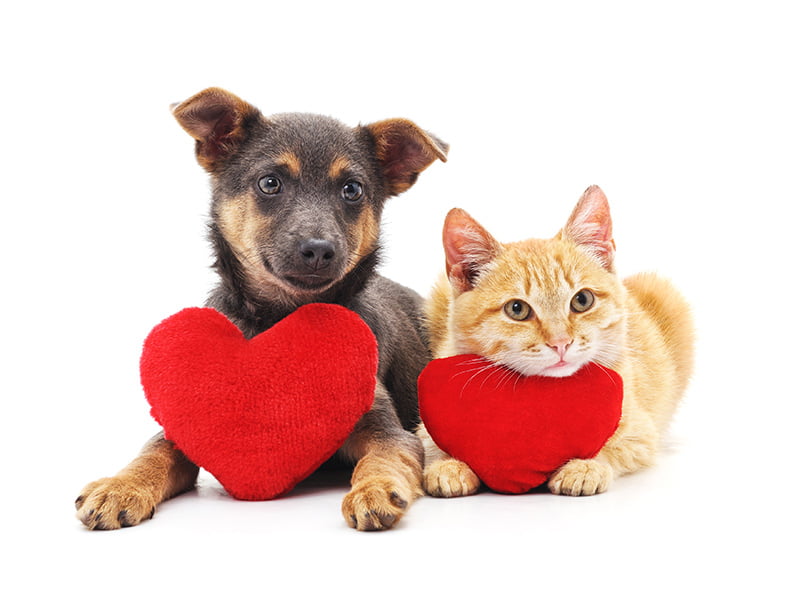
Why Can’t A Cat Eat Peanut Butter?
Peanut butter contains harmful ingredients such as xylitol (an artificial sweetener that’s toxic to animals), oil and fats (which leads to gastrointestinal problems), and high content of sodium (which leads to heart and kidney issues).
Generally, a tiny or small amount of peanut butter wouldn’t cause fatalities in cats. However, every cat’s condition differs from others. If you suspect any serious illness in cats, you should take your cat to the vet’s clinic immediately.
Homemade peanut butter contains less sodium and no artificial sweetener in it which makes it seems like a good treat for pet friends. But ideally, you should avoid feeding your cat peanut butter because it has null nutritional benefits to cats.
Why Can’t A Cat Eat Dog Food?
Cats are considered obligate carnivores. They need animal protein to thrive. Dogs, on the other hand, are omnivores. They can easily eat both vegetables and meat. Thus, cats just can’t eat dog food because dog food doesn’t contain the higher protein content needed by cats.
You can feed your cat with a small amount of dog kibble and not have any toxicity. However, cats cannot be maintained on a dog food diet. If a cat is only fed with dog food or dog treats in the long term, then detrimental consequences may occur.
Taurine is rarely included in dog food. However, all cat foods available in the market are taurine added. Hence, it’s important to ensure your cats get the nutrients they need every day.
Why Can’t A Cat Eat Fish Bones?
It is not advisable to feed your cat with fish bones. Eating fish bones can cause choking hazards, no matter if the fish bones are raw or cooked. Fishbones might get stuck in a cat’s esophagus and cause internal impaction in the digestive tract, and do damage internally.
f you serve cooked fish to your cats, be sure to remove all the bones. If you’re serving them raw (which makes it unable to remove bones), start with smaller fish. Cats can chew on raw bones more easily than cooked ones. Make sure you monitor their meal and their behavior afterward because there’s always risk associated with eating bones.
The first step is to determine if there’s a blockage. Try to remove the bones after that. If you were unable to remove the blockage, you may have to perform a cat version of the Heimlich maneuver. Hold your cat to your chest and gently push against the cat’s belly in an upward direction. If the blockage still can’t be removed, hold your cat up by their back hips, and tap against their back before sweeping the mouth again. If this doesn’t work either, take your cat to the vet’s clinic at once.
Final Thoughts
It’s always a good idea to give our picky eater feline friends a treat aside from their daily diet. To determine what can cats not eat, pet parents should get advice from experts and veterinarians to ensure that the ingredients fed are healthy and proper. Ensure your cat meets the proper caloric intake to stay happy and healthy for a long time.
Read More:

